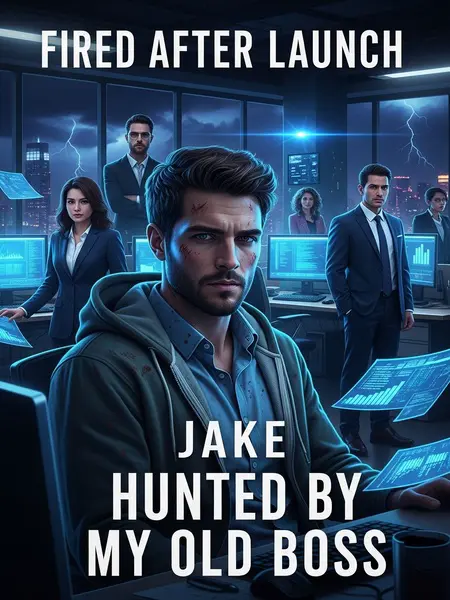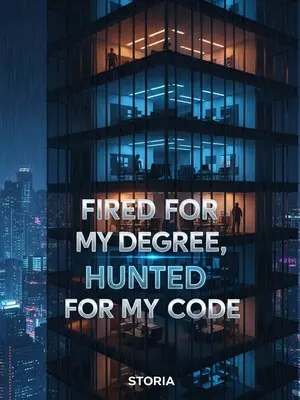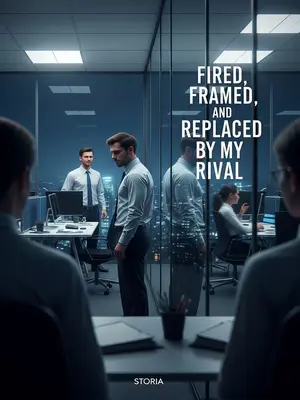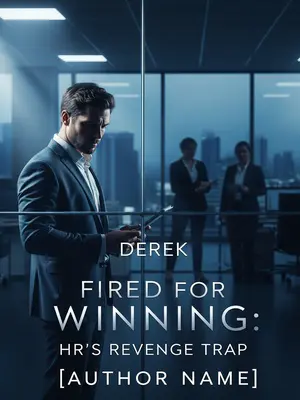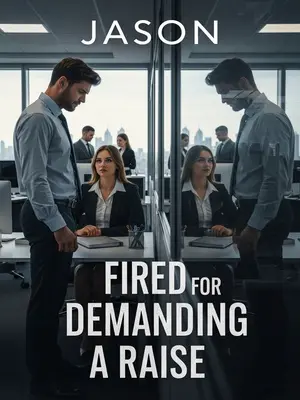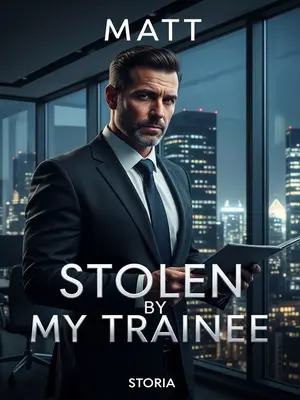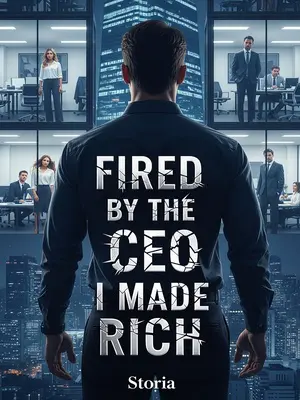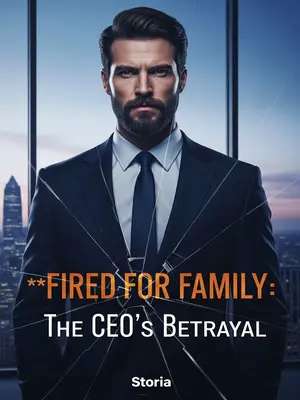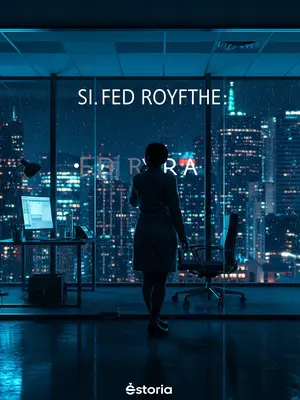Chapter 5: Barbecue and a Bold New Pitch
I was about to exchange pleasantries, but he cut right to the chase: "Are you in Austin too?"
Straight to business—no small talk, no nonsense. I liked that.
"Yeah."
My voice was steadier than I felt. I sat up, suddenly alert.
"Tomorrow’s Saturday. How about we grab some barbecue? You pick the spot—local’s choice."
The call lasted less than a minute—super efficient.
Not even enough time to overthink. Just direct and decisive, the opposite of everything I’d dealt with at Silverstream.
Guess that’s how big shots roll.
There’s a reason some people build things while others just talk about it.
Aubrey kept the updates coming.
She sent me screenshots of group chat messages and a running commentary on the new guy’s progress—or lack thereof.
"The new guy’s reading your docs. From his face, I can tell he’s struggling."
"He looks like he just realized he bought IKEA furniture with missing parts."
"The boss posted in the group chat that since AI detection went live, user activity is way up, and he’s singing Ron’s praises. You should’ve seen it—his face was so wrinkled with laughter, he looked like a blooming dandelion."
I pictured Ron’s face and almost spit out my coffee—Aubrey’s metaphor was dead-on.
The image stuck in my head—Ron with his cheeks all bunched up, basking in borrowed glory.
The next day, I met Marcus Ellison at the restaurant.
I picked a local spot, the kind with mismatched tables and good brisket. He showed up on time, shook my hand with a firm grip, and slid into the booth like he’d been coming there for years.
Maybe it’s a programmer thing, but we hit it off right away.
We got into the weeds about convolutional networks before the waiter even brought the menus. Nerds recognize their own.
The waitress topped off our sweet tea, the smell of smoked brisket and jalapeño cornbread thick in the air.
Willow Labs was a startup Marcus had founded just a year ago, focused on AI in healthcare. They’d already landed two rounds of investment.
He told me their origin story over barbecue sauce and sweet tea. They were small but scrappy, like the early days of Silverstream—except with actual vision.
"...By the time Alzheimer’s is diagnosed, too many neurons are already dead, so it’s basically irreversible. But if we catch it early, medication and intervention can help patients improve cognitive function and delay the disease by 10–15 years. Our goal is to help people detect it as early as possible."
I could see the conviction in his eyes, the kind you don’t fake. He really believed in the mission.
AI is hot everywhere, and what Marcus wanted to do wasn’t unique—I’d been dabbling in it myself. But what drew me in was the light in his eyes when he talked about it.
It was infectious. The food got cold, but we didn’t notice. For the first time in months, I was excited about work again.
The restaurant was noisy—people chatting about salaries, mortgages, marriage, kids. But the guy across from me was passionately talking about changing healthcare, totally out of place.
It was like he was broadcasting on a different frequency. The world faded out, and for a minute, I remembered why I got into tech in the first place.
But I felt a spark of resonance.
Maybe it was the optimism, or maybe it was just good brisket. Either way, I was in.
